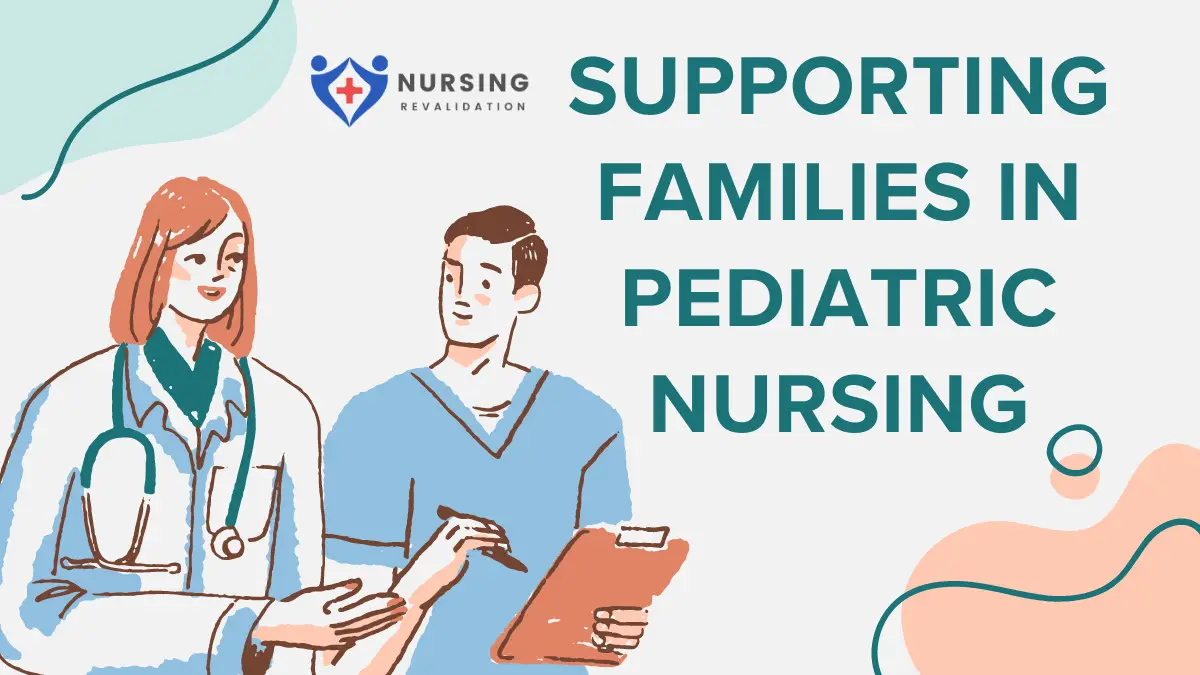Pediatric nursing is a specialized field that requires not only medical expertise but also a deep understanding of the emotional and psychological needs of both the child and their family. In this guide, we will explore how healthcare professionals can effectively support families in pediatric nursing, providing insights and strategies backed by research and experience.
Understanding the Importance of Family-Centered Care
Family-centered care is an approach that recognizes the essential role of families in the healthcare process. It acknowledges that families are integral members of the care team and emphasizes collaboration, communication, and respect for their unique needs and preferences.
Key Strategies for Supporting Families in Pediatric Nursing
- Effective CommunicationEffective communication is the cornerstone of family-centered care. Nurses should strive to establish open, honest, and empathetic communication with families, providing clear explanations, active listening, and opportunities for them to ask questions and express concerns.
- Education and EmpowermentProviding families with accurate and understandable information about their child’s condition, treatment plan, and available resources is crucial for empowering them to make informed decisions and actively participate in their child’s care.
- Emotional SupportPediatric nurses often find themselves in the role of emotional support providers for families facing challenging situations. It’s essential to approach families with compassion, empathy, and sensitivity, acknowledging their emotions and offering support in coping and decision-making.
- Cultural CompetenceCultural competence is vital in pediatric nursing, as families come from diverse backgrounds with unique beliefs, values, and practices related to health and illness. Nurses should strive to understand and respect cultural differences, adapting care plans and communication strategies accordingly.
Case Study: Implementing Family-Centered Care in a Pediatric Hospital
| Case Study: Implementing Family-Centered Care in a Pediatric Hospital |
|---|
| Hospital Name: XYZ Children’s Hospital |
| Location: City, State |
| Initiative: Family Advisory Council |
| Objectives: |
| – Foster collaboration between healthcare providers and families |
| – Improve communication and information sharing |
| – Enhance the overall experience of care for patients and families |
| Outcomes: |
| – Increased family satisfaction with care |
| – Improved adherence to treatment plans |
| – Enhanced staff morale and job satisfaction |
| – Strengthened sense of partnership and trust between families and healthcare providers |
Conclusion:
Supporting families in pediatric nursing is not just about providing medical treatment; it’s about fostering partnerships, respecting diversity, and empowering families to be active participants in their child’s care. By embracing family-centered care principles and implementing strategies that prioritize communication, education, and emotional support, nurses can make a significant difference in the lives of both children and their families.


